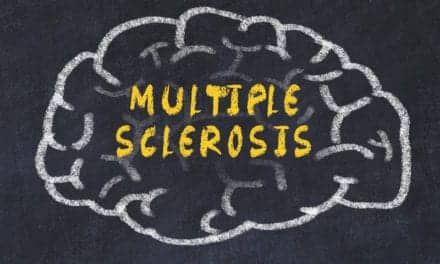The development of rehabilitation strategies for people with progressive multiple sclerosis (MS) is lacking compared to other types of MS, according to the International Progressive MS Alliance. Their call to action is published in Multiple Sclerosis Journal.
The Alliance was represented by authors from Canada, the United States, the UK, Australia, Denmark, Belgium, Germany, and Switzerland, according to a media release from Kessler Foundation.
A Major Barrier
A major barrier to the development of rehabilitation therapies for progressive MS is the fact that the vast majority of studies conducted to explore rehabilitative therapies involve people with relapsing-remitting MS, not progressive MS. In addition, trials are often designed based on strategies used for pharmaceutical trials, which are not necessarily conducive to clinical rehabilitation trials.
Unfortunately, this lack of clinical data to inform therapies for progressive MS leaves this population with few options to manage potentially debilitating symptoms that can lead to challenges such as loss of a job, personal and family stress, and financial strain.
In this article, experts from research, medicine, and industry highlight four major symptoms affecting people with progressive MS that should be the focus of new research: fatigue, mobility and upper extremity impairment, pain, and cognitive impairment. They contend that rehabilitative therapies show great promise for managing these symptoms and for improving physical and cognitive function as well as quality of life, and that directing research efforts toward rehabilitation is critical to developing effective therapies, the release explains.
“There is a strong need to study the effect of early preventive interventions and to evaluate management of existing symptoms. Effective symptom management and rehabilitation remain far behind in progressive MS. We have little empirical rehabilitation data, and our understanding of mechanisms underlying symptoms and treatment responses is incomplete.
“We have ample evidence from research in other clinical areas that rehabilitation can improve quality of life and find support from diverse payors and stakeholders. Our aim is to bring attention to the pressing need to develop rehabilitation treatment interventions for the progressive MS community.”
— co-author John DeLuca, PhD, Senior Vice President for Research and Training at Kessler Foundation
[Source(s): Kessler Foundation, EurekAlert]
Related Content:
BrainStorm Stem Cell Therapy to Treat Progressive MS Achieves Positive Results, Per Study
Phase 2 Study of Stem Cell Therapy for MS Suggests Promising Results
Whose MS Will Worsen? Blood Test Provides Clues





